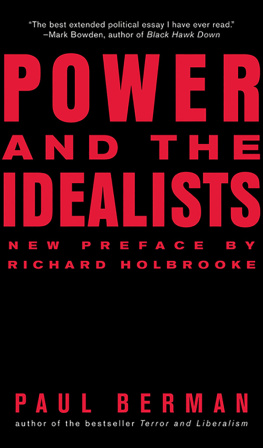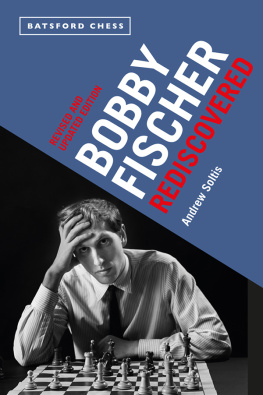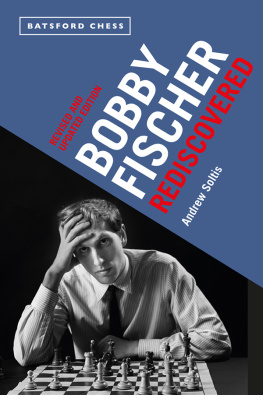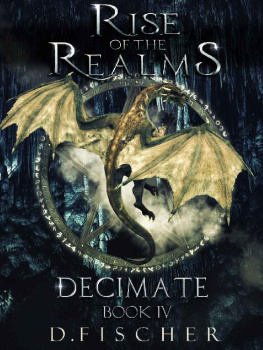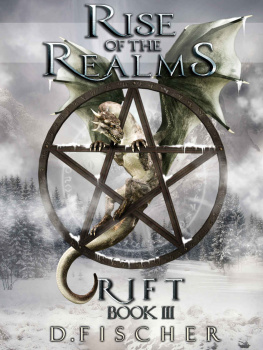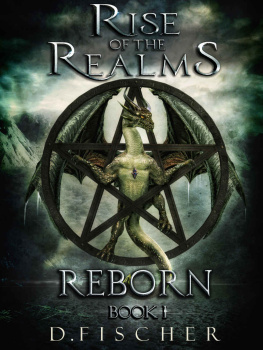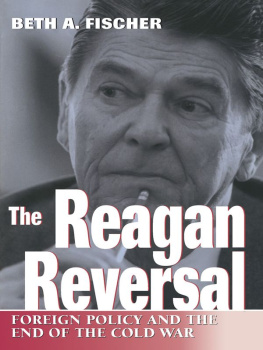
POWER
AND THE
IDEALISTS
OR,
THE PASSION OF
JOSCHKA FISCHER,
AND ITS AFTERMATH
PAUL BERMAN
W. W. NORTON & COMPANY
NEW YORK LONDON
POWER
AND THE
IDEALISTS
OR,
THE PASSION OF
JOSCHKA FISCHER,
AND ITS AFTERMATH

Further praise for Power and the Idealists
Bermans thoughtful book is a valuable history lesson, especially for those too young to remember much about the tumultuous 1960s or 70s. He draws the curtain back on the era of the New Left, a time when capitalism and American power were considered the chief culprits for the worlds woes and when a global peasant revolution seemed not merely possible but something that college students could help spark. But what makes this book more than merely a collection of reminiscences of intellectual arguments from the glory days... is that many of these activists have assumed positions of influence in Europe.... Bermans most important contribution is to show how these leaders remain influenced by their old debates, especially about when and how military force should be used.... Illuminating.
Derek Chollet, Washington Post Book World
Remarkable.... Lucid.... If anyone can put this dispute into its historical context, its Berman. He is not only an alumnus of the rebellion; he is the keeper of its yearbook and its funeral director. In this free-standing sequel to his superb A Tale of Two Utopias, he revisits the European graduating class of Rebellion High.
Johann Hari, New York Times Book Review
[An] important book for liberal internationalists... of critical significance for international affairs. Bermans book is, indirectly, the story of his own intellectual journey from left-wing activist to liberal interventionist: political history as picaresque tale.
Peter Ross Range,
Democratic Leadership Councils Blueprint
An extraordinarily important book on the generation of 1968 and its fortunes. We were all united by Che Guevaras conviction that as long as the world was as it was, none of us wanted to die in bed. We became divided by the conviction of some of us (including me) that the path of the legendary Che was a road to nowhere.
Adam Michnik, editor in chief,
Gazeta Wyborcza (Warsaw)
Not even Paul Bermans enemies would accuse him of ducking a fight. If you havent read him yet, you have missed the bracing experience of confronting the most fluent New York intellectual writing today. Power and the Idealists is a follow-up to his A Tale of Two Utopias. But whereas the first book was a generally optimistic account of how the 1960s generation had broken restraints on human sexuality and undermined the apparently unending dictatorship of the Soviet empire, the sequel is far darker.
Nick Cohen, New Statesman (London)
Paul Bermans latest book is remarkable. It is partly a collective biography, partly a work of contemporary history, and partly a political essay and argument about what has happened to the radical left over the past 30 years. It examines political and ethical issues of the utmost seriousness and challenges all of us on the left at the deepest level.... It is also, one has to say, an extraordinarily well-written book, and hard to put down once you have started.
Philip Spencer, Democratiya.com
Power and the Idealists is the work of an extraordinary writer.
Benjamin Kerstein, Azure (Jerusalem)
An impassioned story of the revolutionary idealism of thirty years ago, and of its transfer, in some cases, to positions of power.
Christian Rocca, Il Foglio (Italy)
The sharpest chronicler of contemporary intellectual history tells the story of the illusions and crimes, the dreams and the myopia that defined this generation. Ideals and nightmares, debates and dogmas, rebellions and servilities.... You can quarrel with his argument. What is undeniable is that his work is one of the most lucid, valiant and provocative examinations of our intellectual pulse.
Jess Silva-Herzog Mrquez,
La Reforma (Mexico City)
Personal testimony but also an effort to give coherence to a succession of sometimes confused events, this book offers a preciously valuable reflection on one of the major political phenomena of these last thirty years.
Eric Aeschimann, Libration (Paris)
An interesting, well-written and stirring book.
Trouw (Amersterdam)
The book is not about the German foreign minister from 1998 to 2005, but is rather a collective portrait of a generation of left-wing idealists.... Berman uses a wide array of sources to draw a fascinating and convincing picture of these idealists. He relies on speeches, debates, articles and books, and carefully notes what these 68ers said or did not say; he considers how they dealt with crises in politics and their own political lives; he examines how far they engaged in domestic politics, in revolutionary activities, in humanitarian projects. And he finds differences between all of them, but notes their common belief in morally justified actions.... Bermans book is thus the story of a kind of alternative elite, written with sympathy and distance. Probably this generational projectif it was onehas not yet come to an end. And its achievements in national cultures as well as in the international realm should not be underrated.
Jost Dlffer, professor of modern history,
University of Cologne (Germany)
During my college years one of the books we all read was Edmund Wilsons To the Finland Station:A Study in the Writing and Acting of History. I never forgot it. Wilson was a great writer and literary critic, and his book was beautifully written. But his book excited me mostly because it described something unusual and extremely important: the relationship of philosophical ideas and practical eventsthe savage intersection where theories and personalities meet and sometimes end up changing the world, for better or for worse. Wilson described this intersection by recounting the history of socialism. He described the rise of various theories about history and economics. And he showed how Lenin and a small number of other people came along and put those ideas (altered, of course, to fit circumstances) to use in the Bolshevik Revolution, and thereby changed world historydisastrously, in that instance, as Wilson ultimately recognized.
Paul Berman is a writer in Edmund Wilsons tradition. In Power and the Idealists, Bermans theme, too, is the intersection of ideas and events. In some ways Power and the Idealists is a continuation of Wilsons classic booka story of the political left and its evolution and its effect on world events. Berman begins with the left-wing radicals from the period half a century after Lenins revolutionthe years around 1968. A lot of us today think we know everything we need to know about 1968. In the one-line summary of history so popular in the modern media, 1968 was a crazy time. Sex, drugs, and rock and roll created a wild, irresponsible group of selfindulgent, authority-defying, flag-burning, New Left anarchists who threatened our very values, our Way of Life. This one-line summary of 1968 has energized rightwing politics ever since. Many people today still cannot abide political leaders from the center-left who, when they were young, stood anywhere near the rebellious atmosphere of that period. We have seen this in the right-wing opposition to figures like John Kerry and Bill Clinton, neither of whom was especially radical when he was young. And we have seen something very similar in Europe, where some people on the political right will never forgive political leaders like Joschka Fischer and Daniel Cohn-Benditwho were, in fact, quite radical in their youth. The memories and myths and sometimes the misrepresentations that came out of 1968 created a fault line in American and European political life, and the fault line has aroused enmities and resentments that will last as long as the 68ers are around.
Next page
